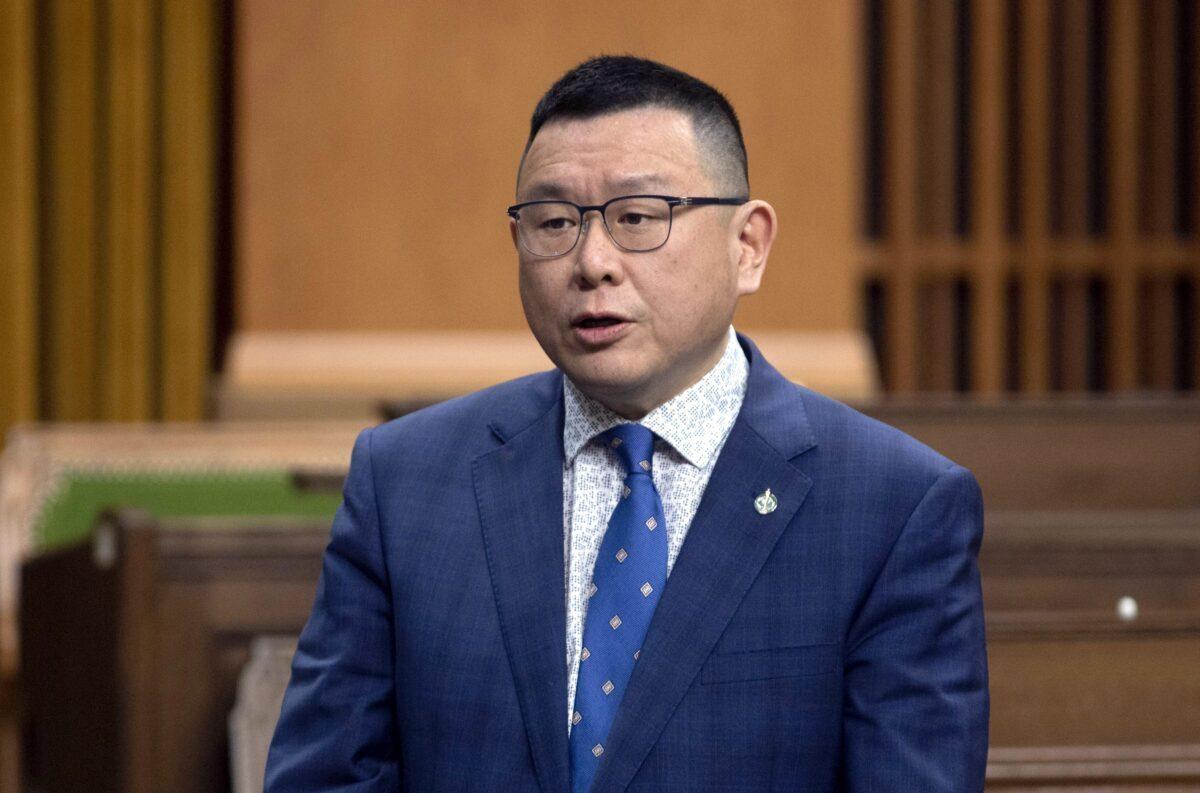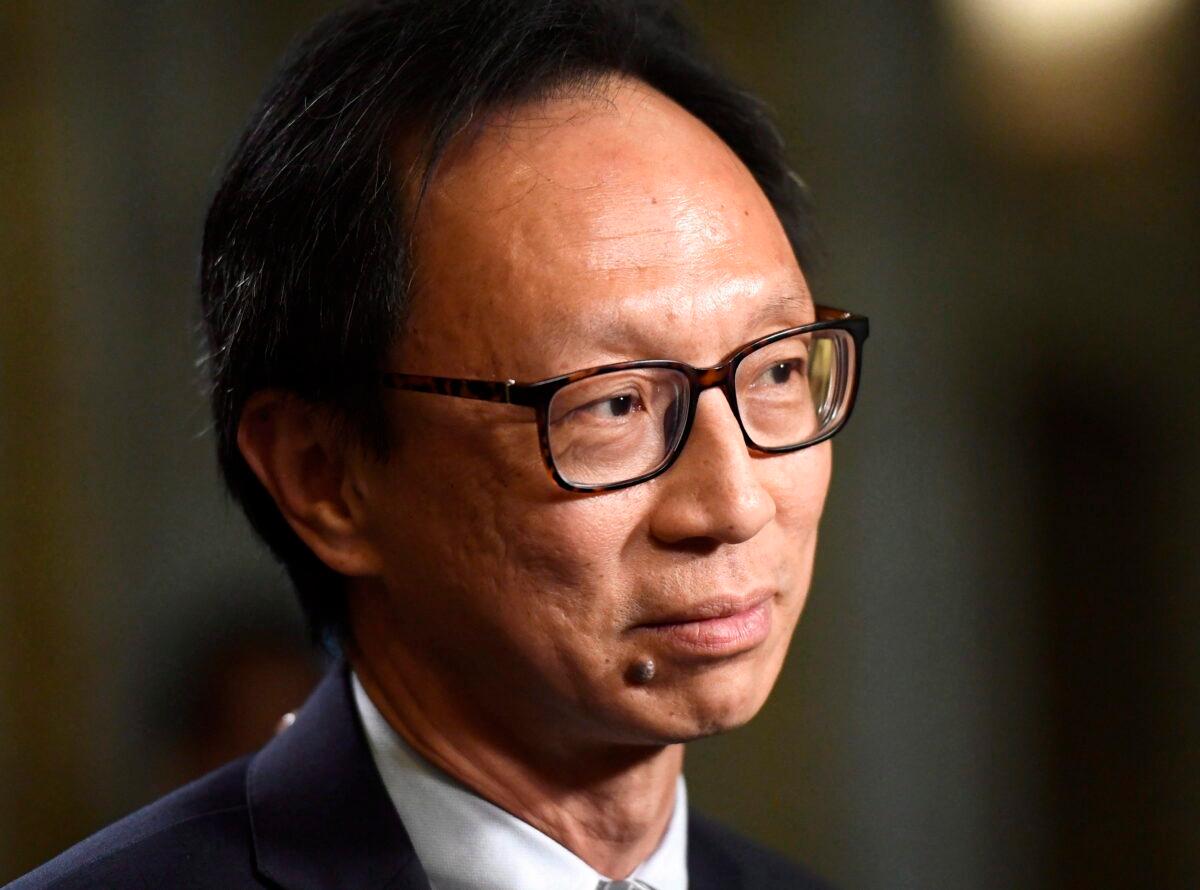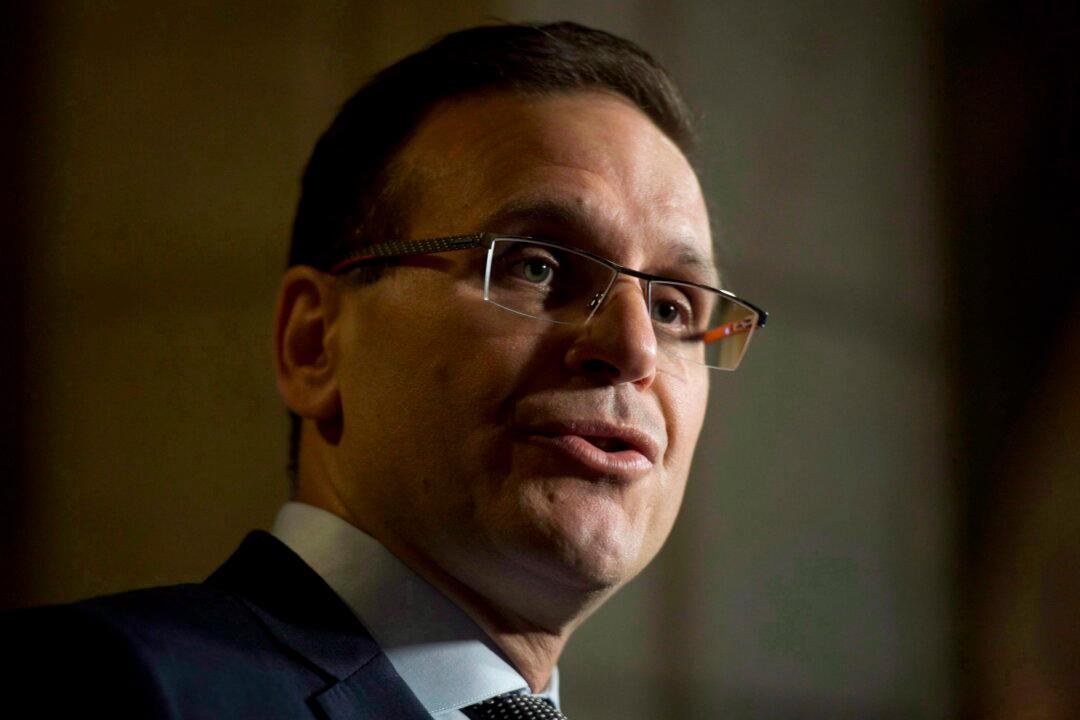A Conservative senator says it’s time Canada tackles the issue of foreign interference in a “meaningful way,” for any effort contrary to that will only lead to the public losing trust in the country’s institutions.
“Foreign interference and influence are real, and it is very much happening right here in Canada,” Housakos said. “In many cases, it is financial and, in other cases, it comes in the form of disinformation; sometimes both.”

“Mr. Chiu lost his seat in the 2021 election in large part because of a disinformation campaign about his bill [C-282]—a disinformation campaign that was clearly linked to a foreign power,” he said.
Elaborating on their findings, the authors noted that the use of fake news is widespread in overseas Chinese communities via social media such as WeChat and WhatsApp.
“Although Canada’s electoral system is strong, threat actors have sought to target its politicians, political parties, elections, and media outlets in order to manipulate the Canadian public and interfere with Canada’s democracy,” the report said.
“Certain states may seek to manipulate and misuse Canada’s electoral system to further their own national interests; others may seek to discredit key facets of Canada’s democratic institutions to reduce public confidence in the democratic system.”
Housakos said since there is evidence that countries like China, Iran, and Russia are engaged in foreign interference and influence operations against Canada, setting up the registry is critical.
“Why shouldn’t we have such a registry? Do Canadians not deserve to know who is lobbying their public officials on behalf of foreign entities?” he asked.

Bill S-237 was challenged by Sen. Yuen Pau Woo, who argued that the bill is overreaching such that it would also require individuals representing alumni associations, sporting groups, municipalities, and cultural institutions under the direct or indirect control of Beijing, to be registered.
“That is not at all the essence of this bill,” Housakos said. “When you have organizations that are funded directly by Beijing, which are here promoting the agenda of that tyrannical organization to government agencies, to our institutions—particularly in commerce, trade, science, technology, energy sectors—those are the ones that are of serious concern when it comes to dealing with this issue.”
Woo also differed in his view that China is a “tyrannical” state.
“You have been quite clear in saying that China is an authoritarian state, which I entirely agree with,” he told Housakos. “You also described it as ‘tyrannical.’ I’m not sure I would go that far, but it’s certainly a Leninist state.”
Housakos replied that it’s “unfortunate” that a Canadian senator wouldn’t recognize the tyranny China has committed over the years, noting the 1989 Tiananmen Square massacre and the persecution of Uyghur Muslims in Xinjiang.
“To stand up and say that you take exception to the comments of me referring to the administration and the regime in China as tyrannical is in itself outrageous,” he said.
The debate on Bill S-237 was adjourned without a second reading vote.





